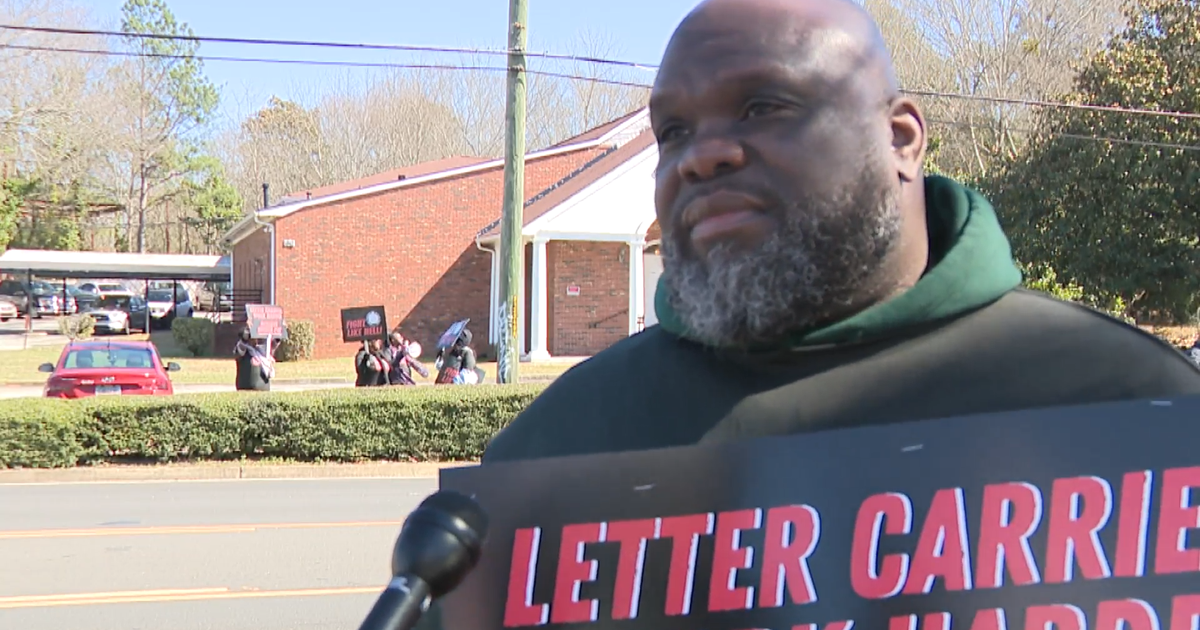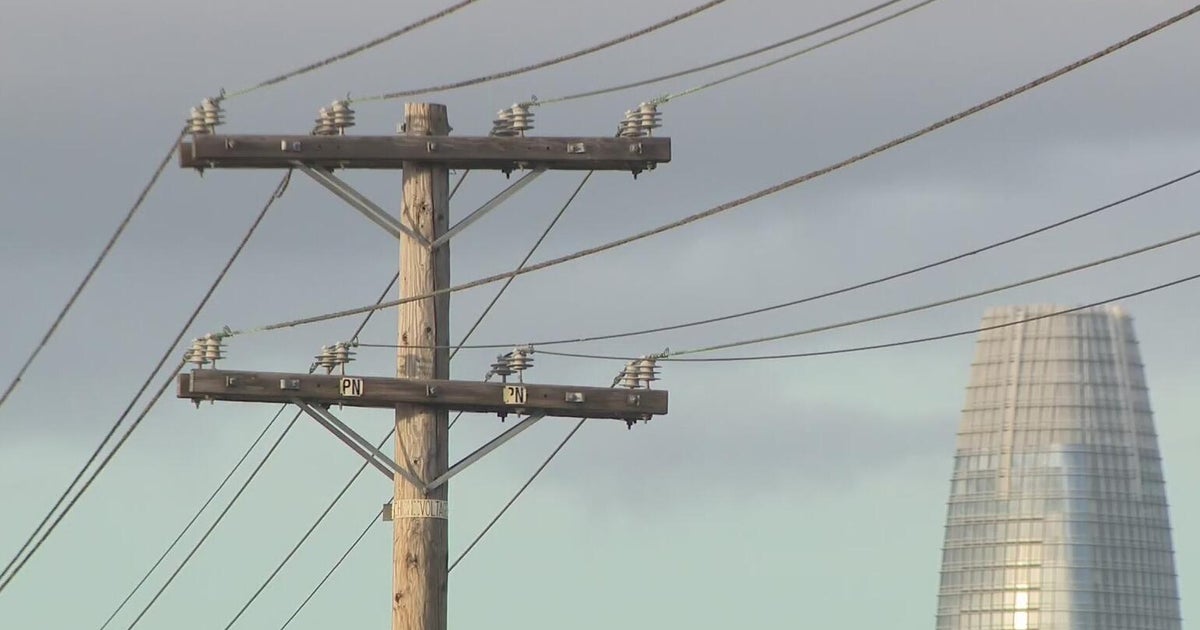Common Core Tests Debut Amid Heated Debate In Colorado
DENVER (AP) — New standardized tests aligned with Common Core standards have students hunched over computers across Colorado this month — unless their parents pulled them out because of questions such as whether their kids are spending too much time preparing for examinations instead of learning.
The convergence of concerns in Colorado is part of a national debate that has brought together conservatives suspicious of big government's role in the latest push for educational reform and liberals who say government should be doing more to help children marginalized by poverty and bias who researchers already know won't do well on the tests.
The Common Core standards originated with the states and have been adopted by most, with federal support. The idea is to ensure young people head to college or the workplace with a sophisticated grasp of language and math that they can use to solve real-world problems.
Officials in Denver schools, Colorado's largest district, have stepped up letters to and meetings with parents to enlist their help in getting students to those goals, said Alyssa Whitehead-Bust, the district's chief academic and innovation officer. Part of that outreach has been answering questions about testing. Whitehead-Bust said she sees assessments as "sometimes falsely accused of being unrelated to teaching and learning."
The tests require students to make judgments and demonstrate understanding. Researchers hope to glean information from the tests to continue to refine Common Core. Classroom teachers can use results as a guide to areas where students need help, though Whitehead-Bust acknowledged this year's results won't be available until fall. Getting results faster and cutting the time students spend taking tests — this year expected to range from six to 10 hours per pupil in Denver— are among the areas where Whitehead-Bust and others want to see improvement.
Historically, about 1 percent of Denver students are pulled out of testing by their parents. A week into testing this year, Whitehead-Bust said Friday the figure was under 1 percent, and she expected that trend to continue through the end of the month. In neighboring Cherry Creek, district spokeswoman Tustin Amole said the district usually meets its goal of testing 95 percent of targeted students, but many more students were skipping the tests this year. She would not have numbers until testing was completed later this month, she said. Across the Rockies in the western district of Montrose, spokeswoman Mindy Baumgardner said it appeared more parents than usual were pulling their children out of tests, but that figures were not immediately available.
Dan McMinimee, superintendent of Jefferson County schools, which also are in the Denver area, said parents were pushing a conversation about how much time their children should spend on tests and how the results would be used. He said his figures had yet to be compiled, but he did not think the levels of opting out were as high in his district as others were seeing.
David Pearson, a professor in the Graduate School of Education at the University of California at Berkeley and a member of an independent committee convened by the National Governors Association's think tank to review Common Core, summed up the thinking behind exams this way: "As long as people are going to teach to the tests, let's have a test that's worth teaching to."
The Common Core tests were developed by two major consortia. Colorado is part of the Partnership for Assessment of Readiness for College Careers, or PARCC, and Pearson's state of California is part of Smarter Balanced Assessment Consortium, or SBAC.
Because they use computers instead of No. 2 pencils and forms of color-in-the-bubble questions and answers, PARCC and SBAC test-takers can be presented with multimedia material and are able to show their work.
Peggy Robertson is a public school reading specialist in the Denver suburb of Aurora and an activist with the national United Opt Out movement that has challenged Common Core and the testing that comes with it. She would rather see students using computers to create Web sites or communicate with peers around the world. Instead, she has watched them "plugging away at these online practice PARCC tests."
Robertson wants parents to opt out of testing to send a message that they don't want classroom time lost to testing, or money spent on new curricula instead of programs that could help the most vulnerable students succeed, such as breakfast for poor children who arrive at school too hungry to learn.
By Donna Bryson, AP Writer
(© Copyright 2015 The Associated Press. All Rights Reserved. This material may not be published, broadcast, rewritten or redistributed.)







